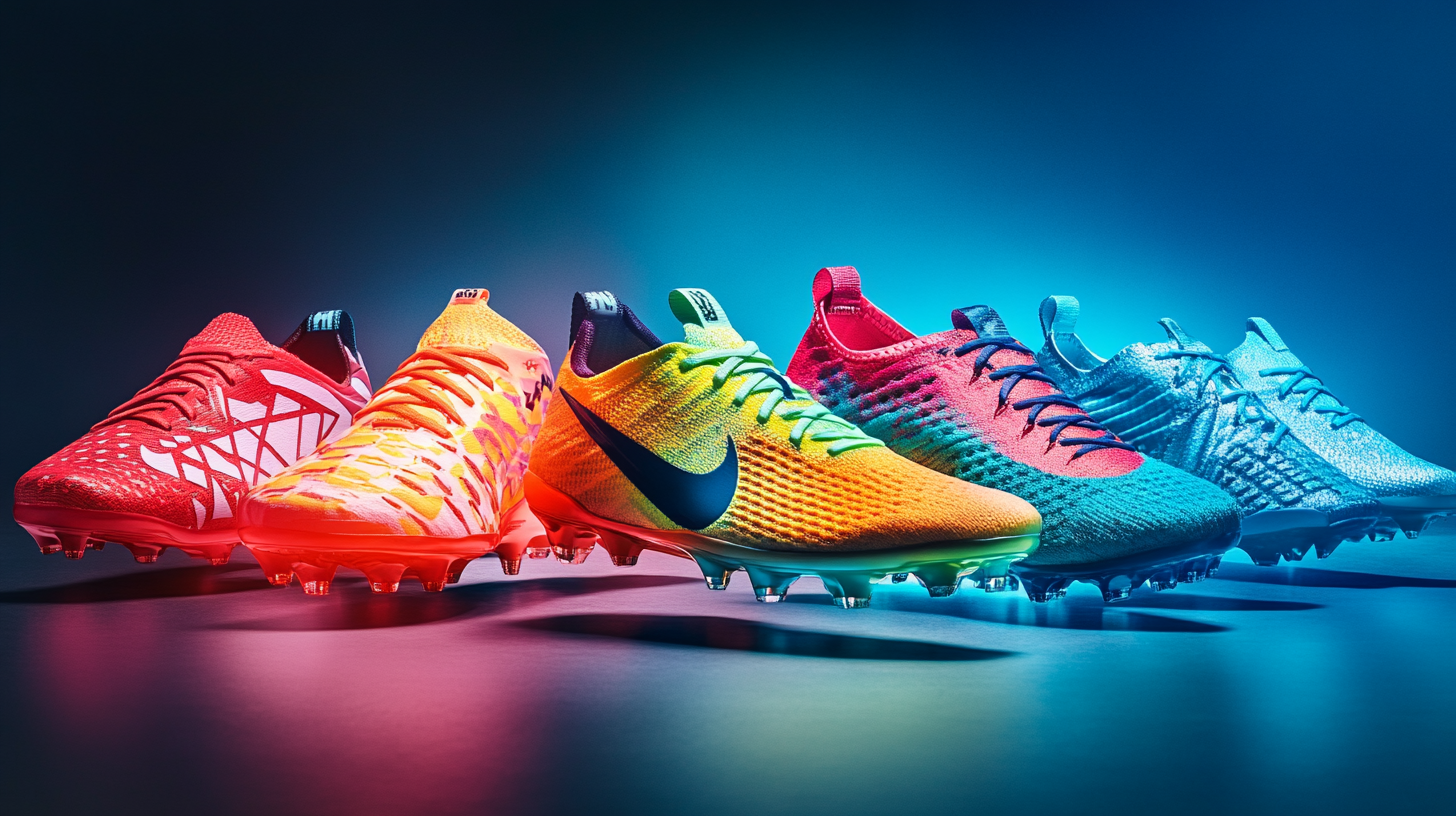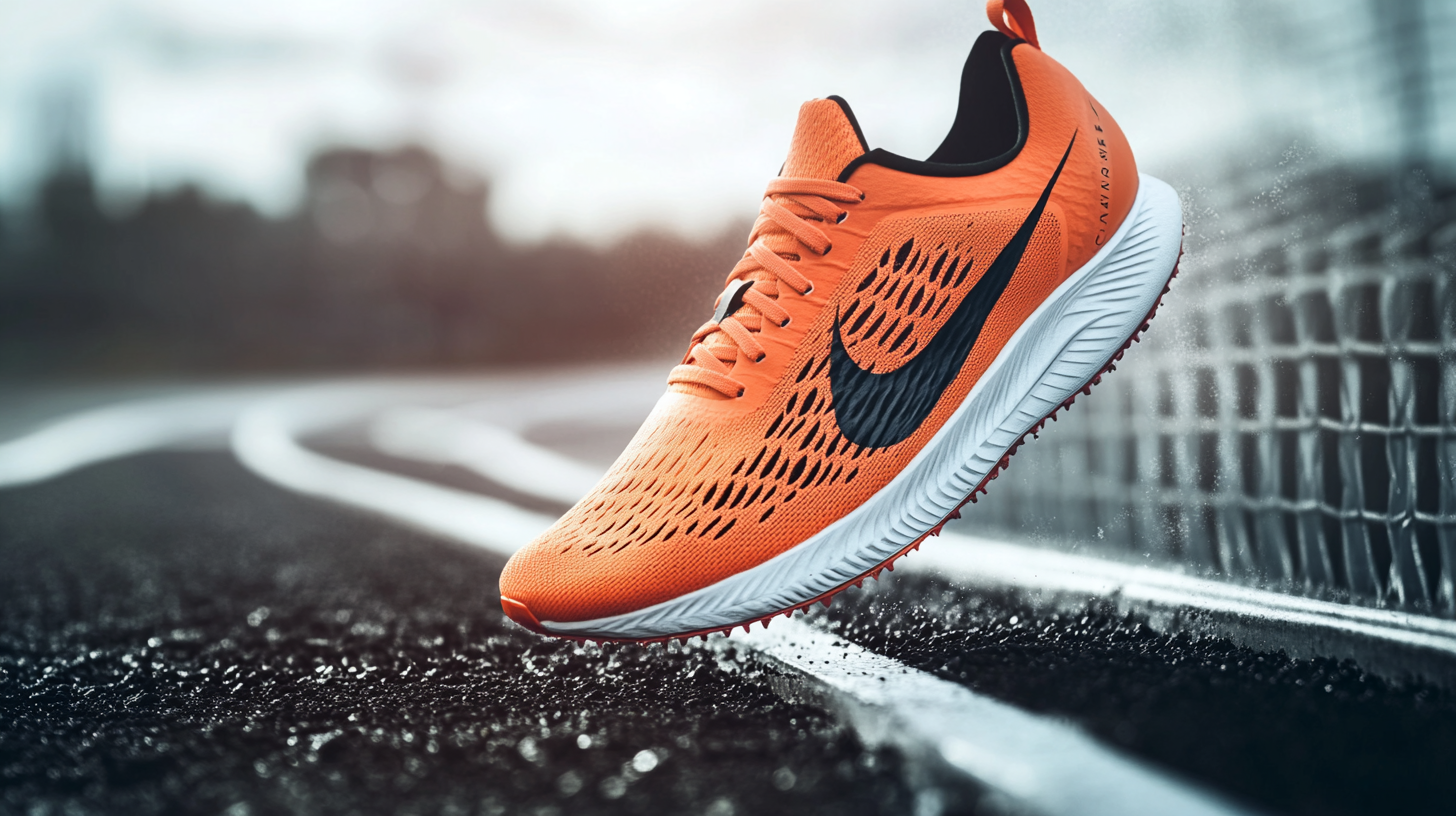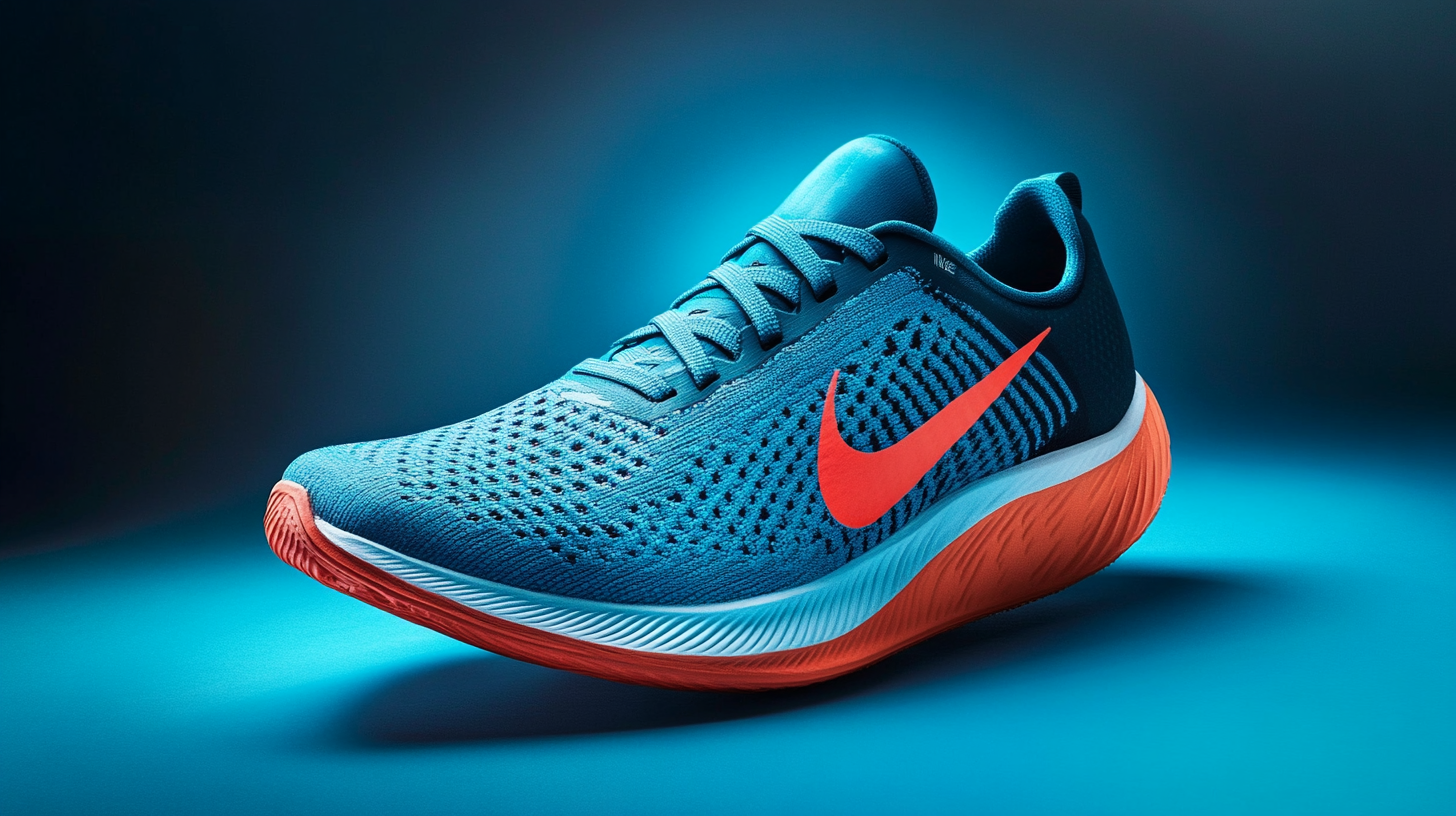
The global sports footwear market is projected to reach a staggering $200 billion by 2025, driven by increasing health consciousness and the growing popularity of sports and fitness activities. As consumers become more discerning about quality, performance, and brand reputation, selecting the right sports shoes supplier has become a critical business decision for retailers and brands alike. A reliable sports shoes supplier not only ensures product quality but also impacts supply chain efficiency and market responsiveness. According to industry reports, over 60% of retailers cite supplier reliability as a key factor in their purchasing strategy. With the plethora of options available today, it is imperative to consider various factors such as the supplier’s manufacturing capabilities, design innovation, and ethical practices to make an informed choice. This blog will explore five essential tips for selecting the best sports shoes supplier globally, helping you navigate this complex yet rewarding landscape.

When selecting a sports shoes supplier, it’s crucial to start by identifying your specific needs. Consider the types of sports shoes you want to offer—whether they’re designed for running, basketball, or outdoor activities. Each category has distinct requirements in terms of design, materials, and performance features. For instance, running shoes should prioritize cushioning and breathability, while basketball shoes need ankle support and traction. By defining your niche, you can streamline your search and ensure that potential suppliers can meet these particular demands.
Additionally, it’s important to evaluate the quality standards you expect from your chosen supplier. Research materials and manufacturing processes that align with your brand values and market expectations. Understanding your target audience’s preferences can also guide you in selecting features that will resonate with them, such as sustainability, price point, and style. Once you have a clear picture of your requirements, you will be better equipped to assess supplier capabilities, helping you to forge a successful partnership that meets both your business objectives and customer satisfaction.

When selecting a sports shoes supplier, one of the most critical steps is researching the supplier's reputation and experience in the sports footwear industry. According to the market insights from Allied Market Research, the global athletic footwear market is expected to reach $128.7 billion by 2025, driven by the increasing popularity of fitness activities and fashion-forward athletic wear. This rapid growth underscores the importance of partnering with suppliers who have a proven track record and robust market presence.
A reputable supplier not only delivers quality products but also demonstrates industry experience through long-standing relationships with renowned brands. Researching supplier backgrounds can reveal insights into their operational efficiency and innovation capacity. For example, data from Statista indicates that in 2021, Nike accounted for 27.4% of the global sports footwear market share. Collaborating with well-regarded suppliers often means gaining access to superior materials and the latest technologies, which can significantly enhance your product offerings in a competitive market.
Additionally, engaging with existing clients and reading reviews can further illuminate a supplier's reliability and customer service standards. Reports from the Footwear Distributors and Retailers of America show that customer satisfaction plays a pivotal role in retaining clients in this sector. A supplier’s ability to adapt to market trends and customer preferences is paramount, making thorough due diligence essential in your selection process.

When choosing a sports shoes supplier, evaluating their quality standards and manufacturing practices is crucial. Quality assurance in the production process ensures that the end product meets both performance and durability expectations. A thorough understanding of a supplier's operational practices can reveal insights into their commitment to sustainable practices and ethical sourcing. For instance, factory audits are essential to assess compliance with quality standards and operational efficiency, which are often crucial in a competitive market.
Sustainability practices within the supply chain should also be a significant consideration. Suppliers who prioritize reducing emissions and increasing the use of recycled materials demonstrate a commitment to social sustainability. The continuous enhancement of responsible sourcing reflects an alignment with stakeholders' ethical expectations and environmental goals. Engaging with suppliers who actively work toward sustainable practices can not only improve the brand's overall image but also contribute positively to the global effort of reducing the ecological footprint associated with manufacturing sports shoes.
When selecting a sports shoes supplier, negotiating terms and pricing is crucial for establishing a mutually beneficial partnership. Start by understanding the market landscape and analyzing what competitors are paying for similar products. This insight allows you to negotiate from an informed position, ensuring that you’re getting fair market rates. Be open to discussing various pricing models, such as volume discounts or long-term contracts, which can lead to significant savings and better cash flow management.
Building a strong partnership goes beyond just price; it involves creating a win-win situation. Engage in open communication with potential suppliers to explore their capabilities and understand their cost structures. This dialogue can reveal opportunities for collaboration, such as co-branding or adjusted payment terms that can benefit both parties. Furthermore, be clear about your expectations regarding quality, lead times, and after-sales support. By aligning your needs with the supplier’s strengths, you’ll set the stage for a productive and sustainable partnership that fosters growth for both businesses.
When selecting a sports shoes supplier, assessing after-sales support and warranty options is crucial for ensuring long-term satisfaction. A reliable supplier not only provides quality products but also extends assurances to consumers through effective after-sales service. This includes availability for inquiries, assistance with product issues, and guidance on maintenance. Strong after-sales support helps build trust and establishes a solid relationship between the supplier and the customer, which is essential for frequent repeat business.
Furthermore, exploring warranty options is vital when choosing a supplier. A comprehensive warranty can protect your investment and cover any defects or issues that may arise post-purchase. Suppliers that offer extended warranties demonstrate confidence in their products and commitment to customer satisfaction. As seen in various sectors, including appliances and automotive, companies that prioritize warranty and service options foster loyalty and repeat customers. Therefore, when evaluating potential sports shoe suppliers, prioritize those who provide robust after-sales support and flexible warranty plans for a more secure buying experience.
